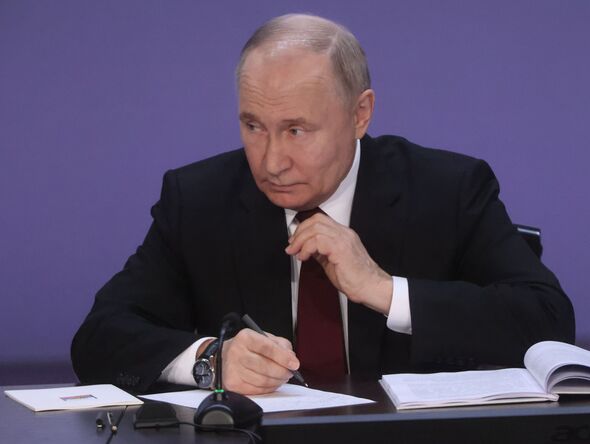Amid the geopolitical turmoil surrounding Russia‘s invasion of Ukraine, experts warn that the nation’s economic stability hangs by a thread, with President Vladimir Putin left with just a year and a half of financial cushioning.
A recent analysis by the Carnegie Endowment for International Peace, a Washington DC-based think tank, suggests that while Russia has exhibited resilience in the face of escalating military costs and Western sanctions, its economic prowess might be waning.
The International Monetary Fund’s optimistic projection for Russia‘s economic growth, outpacing even the United States, reflects the nation’s ability to navigate around sanctions. However, according to researchers at Carnegie, this resilience is not sustainable in the long term.
“Russia‘s economy is now stable both in spite of and as a result of Western sanctions,” noted Alexandra Prokopenko, a fellow at the Carnegie Russia Eurasia Center. “But this hard-won stability is not eternal.”
The report indicates a looming “policy trilemma” for Putin, revolving around funding the military, maintaining living standards, and stabilising the economy.
Prokopenko warns that achieving these goals concurrently is increasingly challenging.
Concerns over Russia‘s economic trajectory are exacerbated by several indicators of weakness. The Kremlin’s record-high military expenditure strains the economy, with defence spending deemed largely unproductive.
Inflationary pressures have also prompted drastic measures such as a staggering 16 percent interest rate, threatening citizens’ purchasing power.
“Temporary fixes and a decline in living standards will add to the political and economic headwinds facing the Kremlin,” Prokopenko cautioned.
The risk of social unrest looms large, particularly as living standards deteriorate and sanctions tighten. Economists foresee the potential for widespread discontent by year-end if current trends persist.
